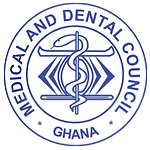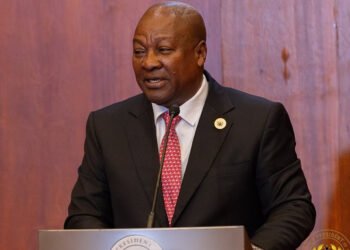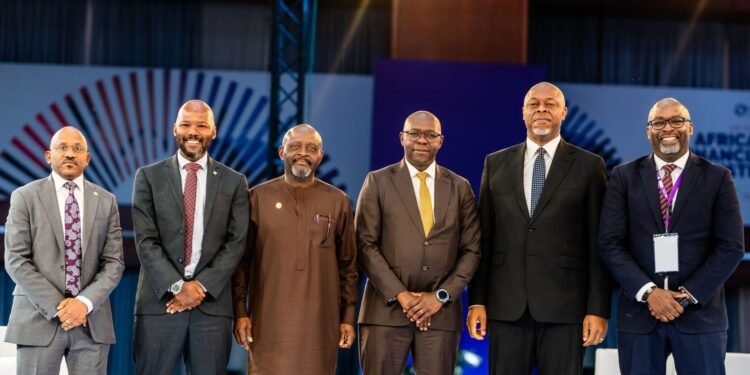The Medical and Dental Council (MDC) has come under public scrutiny following its announcement of new regulations that could significantly impact foreign-trained doctors and dentists seeking to practice in Ghana.
Legal expert and Democracy and Development Fellow at CDD-Ghana, Prof. Stephen Kwaku Asare, has urged the Council to reconsider aspects of the rule, warning that it could worsen Ghana’s already dire shortage of healthcare professionals.
Prof. Asare began by commending the MDC for its progressive record over the years, contrasting it with the General Legal Council’s restrictive policies.
According to him, the Council made a bold move when it “broke away from the ‘one school’ bottleneck and opened the door to multiple medical schools, expanding opportunity while maintaining standards.”
This history of inclusiveness, he said, must be safeguarded rather than undermined.
However, beginning January 1, 2026, the new rule will require that only foreign-trained doctors and dentists with a science background and a minimum of a credit pass in all SSCE/WASSCE subjects or equivalent qualifications will be eligible to sit for the Ghana Registration Exam.
Those who do not meet this threshold, particularly applicants from non-science backgrounds, will be compelled to complete two to three years of remedial courses in Biology, Chemistry, Physics, and Mathematics before they are even considered for the exam. A grace period will run until December 31, 2026.
While the Council has not publicly provided detailed reasons for the policy shift, Prof. Asare suggested that its motives may include ensuring a solid science foundation for practitioners, promoting fairness to locally trained students who already meet similar standards, and protecting the public from unqualified practitioners.
However, he stressed that such justifications must be backed by evidence.
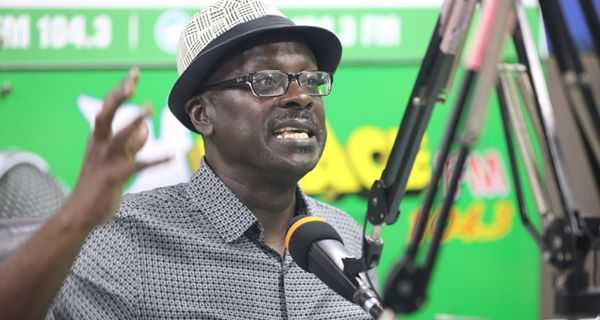
“The MDC must share any research showing that a lack of SSCE/WASSCE credits among foreign-trained doctors and dentists has actually led to problems in practice.”
Prof. Stephen Kwaku Asare
Transparency, he argued, would allow the public to understand the need for reform and assess whether the rule is proportionate.
Without such data, the rule risks being viewed as an unnecessary and rigid barrier rather than a well-intentioned safeguard.
Ghana Faces a Severe Shortage of Doctors
Prof. Asare’s primary concern lies with the inflexibility of the rule and its potential impact on healthcare delivery.
He questioned whether it made sense to exclude highly trained doctors and dentists who have already completed rigorous medical programs abroad simply because they lack a single high school science credit.
“What happens to a doctor who has already completed medical school abroad, mastered anatomy, physiology, and pharmacology, treated patients in teaching hospitals, and qualified as a doctor or dentist—yet is barred from serving in Ghana because they lack a high school credit in one subject? Does that serve the public, or does it deprive us of qualified hands we badly need?”
Prof. Stephen Kwaku Asare
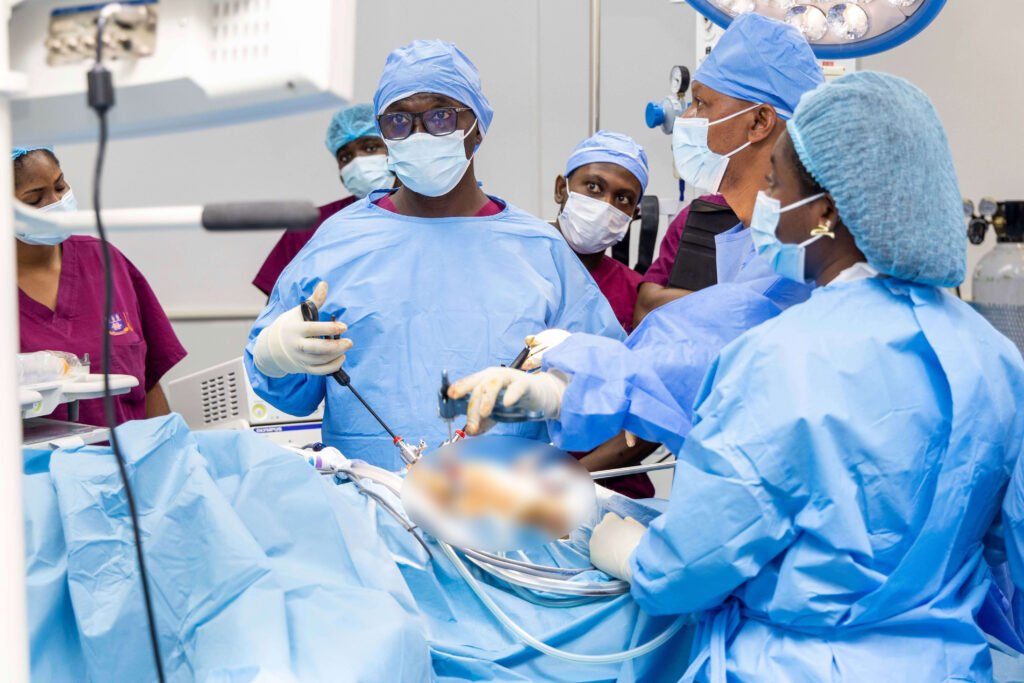
Ghana’s healthcare system is already struggling with inadequate staffing, especially in rural areas where clinics and maternity wards face chronic shortages of medical personnel.
Emergency rooms are often overwhelmed, leaving patients without timely care. According to Prof. Asare, enforcing overly strict rules at this time could have dire consequences.
Beyond Ghana’s borders, many of the world’s leading medical institutions value diversity in educational backgrounds.
Medical schools in countries like the United States deliberately admit students with non-science majors, recognizing the unique perspectives and critical thinking skills they bring.
Prof. Asare illustrated this point with the example of Dean Ornish, a pioneer of lifestyle medicine who initially majored in English.
His groundbreaking research on reversing heart disease was shaped by his holistic, humanistic approach—something that might never have happened under Ghana’s proposed rules.
“Our hospitals are already overstretched. Rural clinics, maternity wards, and emergency rooms cry out for more doctors and dentists. This rule could lock out professionals at the very moment we can least afford to lose them.”
Prof. Stephen Kwaku Asare
Proposing a Balanced Way Forward for MDC
Rather than implementing rigid barriers, Prof. Asare suggested more flexible alternatives.
He proposed that the Medical and Dental Council accept accredited university transcripts as proof of adequate preparation, relying on its licensing exam as the ultimate test of competence.
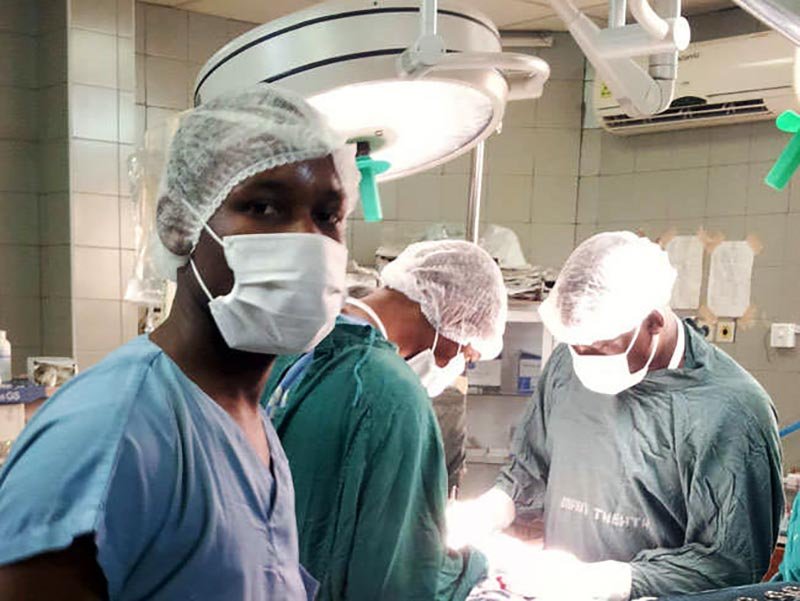
Bridging courses, he said, should only be required where actual knowledge gaps are identified.
He stressed that this issue extends far beyond paperwork and qualifications.
“The question is simple: when a child struggles to breathe in an overcrowded emergency ward, or a mother faces complications in childbirth, will there be a qualified doctor at her bedside? Rules that exclude unnecessarily could mean the answer is no.”
Prof. Stephen Kwaku Asare
Prof. Asare called on the MDC to draw on its history of bold leadership. Protecting standards, he noted, is crucial, but it must not come at the cost of denying care to those who need it most.
As Ghana grapples with a severe healthcare workforce crisis, the decisions made by the Medical and Dental Council will play a pivotal role in determining whether lives are saved or lost.
READ ALSO: Nigeria’s Oil Earnings From US Face Sharp Decline

